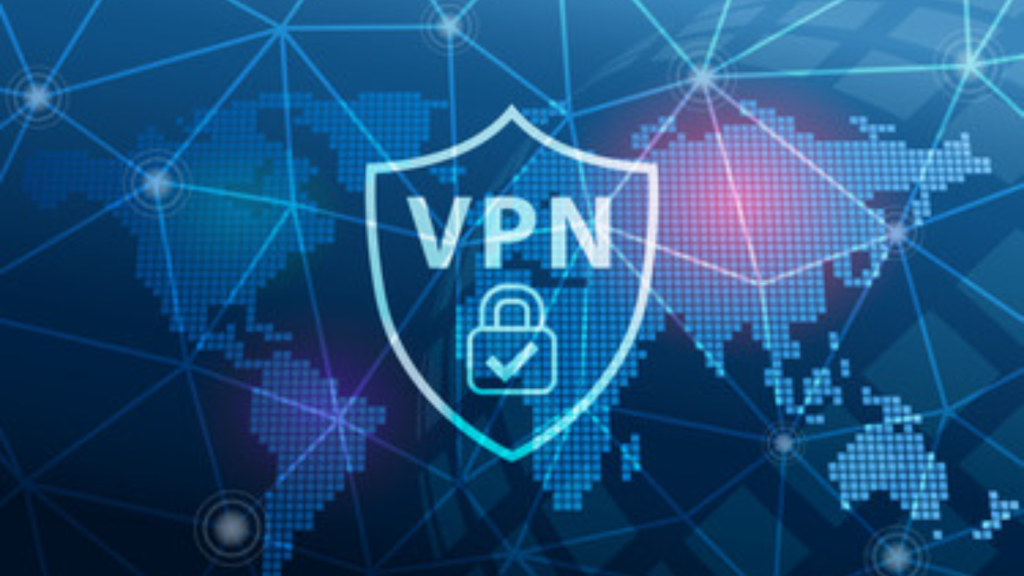In the realm of online security and digital services, VPN and VPS are two commonly mentioned terms. Both these technologies serve unique purposes and offer distinct advantages. Through this guide, we will explore the fundamental differences between VPN vs VPS, answer some common queries, and aid you in understanding which solution is best suited for your needs.
The rapid digitization of services and the increasing need for online security have elevated the demand for both VPNs and VPSs. To fully grasp their functionalities and how they differ, one must first comprehend the essence of each term.
What is a VPN?
A VPN, or Virtual Private Network, acts as a secure tunnel between your device and the internet. It ensures privacy by:
- Encrypting your data: This makes it nearly impossible for anyone, including hackers and governments, to view your online activities.
- Masking your IP address: Websites and online services will only see the IP address of the VPN server, not your real address, ensuring anonymity.

What is a VPS?
A VPS, or Virtual Private Server, is a virtual machine provided as a service by hosting companies. Essentially, it acts as an independent server within a larger physical server. A VPS offers:
- Dedicated resources: Unlike shared hosting, where resources are shared among many websites, a VPS ensures that specific resources are reserved for your use only.
- Full control: You get root access, which allows you to install any software and configure the server according to your needs.

VPN vs VPS: Key Differences
| Feature | VPN | VPS |
| Primary Purpose | Ensures online privacy and security. | Provides a dedicated virtual server for hosting and related tasks. |
| Usage | Used for secure internet browsing, accessing geo-restricted content, and protecting data. | Used for hosting websites, applications, databases, and more. |
| Control | User doesn’t control the infrastructure. | User has complete control over the server environment. |
| Cost | Typically requires a monthly subscription fee. | More expensive, based on the resources and specifications chosen. |
mermaid
Copy code
graph TD; A[VPN] –>|Ensures Online Security| B(Primary Function) C[VPS] –>|Provides Virtual Server| B
Is VPS better than VPN?
The answer is dependent on the user’s requirements.
- For Online Security and Privacy: If the goal is to safely browse the web, access geo-restricted content, or protect sensitive data during online transmission, a VPN is undoubtedly the better choice.
- For Hosting and Development: If you require a controlled environment for hosting websites, running applications, or developing software, then a VPS is ideal.
Web Application Penetration Testing: The Ultimate Guide
Can I use VPS as a VPN?
Yes, a VPS can be set up to function as a VPN server. This provides users with:
Customization: Complete control over the VPN protocols and software used.
Dedicated Resources: Ensures optimal VPN performance as resources aren’t shared.
Greater Control: A private VPN server offers better reliability and performance compared to crowded commercial VPN servers.
However, it’s important to note that managing your VPN server requires technical expertise and can be time-consuming.
Conclusion: VPN vs VPS
The debate surrounding VPN vs VPS is not about which is superior but rather about identifying which tool aligns best with your specific needs. A VPN is the ultimate choice for those who prioritize online security, anonymity, and freedom. On the other hand, a VPS serves as the perfect solution for individuals and businesses requiring a controlled, dedicated environment for hosting and development. By understanding the core functionalities and applications of both technologies, one can make a well-informed decision that truly complements their digital endeavors.
French Unemployment Agency Reports Data Breach Affecting 10 Million People
FAQs
1. What is the main purpose of a VPN?
A VPN, or Virtual Private Network, primarily ensures online privacy and security. It encrypts user data and masks the IP address, protecting users from potential cyber threats and allowing them to bypass geo-restrictions on content.
2. What is a VPS used for?
A VPS (Virtual Private Server) is used to run multiple isolated server environments on a single physical server, often for hosting websites, applications, and databases.
3. Is using a VPN legal?
In most countries, using a VPN is perfectly legal, especially for privacy and security reasons. However, some nations restrict or ban VPN usage. It’s essential to check local regulations before using a VPN.
4. Can a VPS be compromised or hacked?
Like any server, a VPS can be a target for malicious actors. However, its security largely depends on how it’s managed and configured. Regular updates, strong passwords, and security measures reduce the risk significantly.
5. What is the disadvantage of VPS?
A disadvantage of VPS is that it shares the physical server’s resources, which can lead to reduced performance if other VPSs on the same server are resource-intensive.
6. How do I choose between a VPN and a VPS for my business?
It depends on your needs. If you prioritize online security, privacy, and accessing geo-blocked content, opt for a VPN. If you need a dedicated environment for hosting websites or applications, choose a VPS.
7. What are VPS and VPN in Amazon?
In the context of Amazon, a VPS typically refers to virtual servers provided by Amazon Web Services (AWS) like Amazon EC2. A VPN in Amazon relates to Amazon Virtual Private Network (VPN), a service to securely connect on-premises networks to the AWS cloud.
8. What’s the difference between VPN, VPS, and Server?
A VPN is a secure connection method used to protect your internet traffic. A VPS is a virtual server space rented from a hosting provider. A Server is a physical or virtual device that processes requests and delivers data to other computers.
9. How do free VPNs compare to free VPS?
Free VPNs offer encrypted connections but may have speed or data limits. Free VPS gives server space but might lack in performance or security. Both free options could have limitations compared to their paid counterparts.
10. What’s the general consensus on VPN vs VPS on Reddit?
Reddit users often discuss the merits of both. VPNs are generally praised for privacy and security, while VPS is lauded for customization and control. The best choice depends on the user’s needs.
11. Which VPS is best for setting up a VPN?
The “best” VPS for a VPN depends on your needs. Popular choices often include DigitalOcean, Linode, and Vultr due to their performance and ease of setup.
12. How do I use a VPS as a VPN server?
To use a VPS as a VPN server, you’d typically install VPN software like OpenVPN or WireGuard on the VPS, configure the necessary settings, and then connect to it from your device.
13. VPN vs Proxy: What’s the difference?
A VPN encrypts and reroutes all your internet traffic, while a Proxy only reroutes specific web requests. VPNs generally offer more security and privacy than proxies.
14. How does a VPN differ from a VPC?
A VPN is a secure connection method over the internet, while a VPC (Virtual Private Cloud) is a private network space within a cloud provider’s infrastructure.
15. What should I know about ExpressVPN?
ExpressVPN is a popular VPN provider known for its speed, security, and ease of use. It has servers in numerous countries and is often recommended for its strong privacy policies.






0 Comments